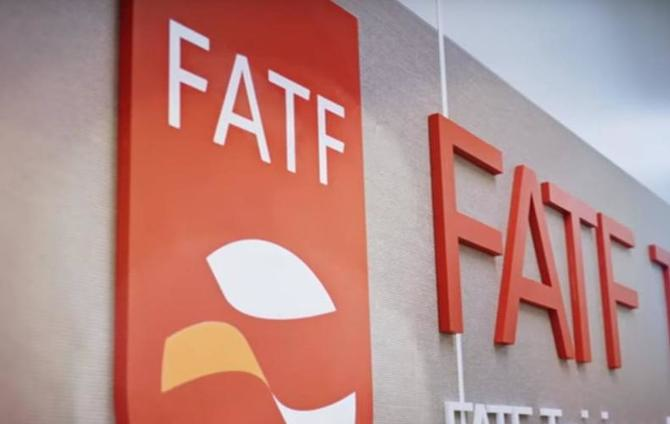FATF Blacklist
In the battle against financial crime, the Financial Action Task Force (FATF) plays a crucial role by establishing international standards for combating money laundering, terrorist financing, and other related threats. This blog post delves into the concept of the “FATF Blacklist” and its significance in the Anti-Money Laundering (AML) realm.
 Written by Erling Andersen
Written by Erling Andersen
Definition
The FATF Blacklist, officially called the “Call for Action,” is a list of countries identified by the FATF as lacking sufficient measures to combat money laundering and terrorist financing. These countries either have strategic deficiencies in their AML and Counter-Terrorist Financing (CTF) measures or are not making sufficient progress in addressing these deficiencies.
Inclusion on this list can have serious implications for a country, including sanctions and additional scrutiny of transactions involving these jurisdictions.
Practical Example
Consider a financial institution performing a risk assessment of its global operations. One of its customers wants to make a large transaction involving a country on the FATF Blacklist. Because of the heightened risks associated with this country, the financial institution must apply enhanced due diligence measures to mitigate potential AML/CTF risks.
Statistics and Relevant Numbers:
The FATF updates the Blacklist regularly, and as of its February 2023 update, two countries were on the “Call for Action” list: Iran and North Korea. Being listed means these countries face enhanced scrutiny and potentially severe financial restrictions from global institutions.
Conclusion
The FATF Blacklist plays a vital role in global efforts to combat money laundering and terrorist financing. By identifying high-risk jurisdictions, it guides financial institutions and businesses in their risk management practices and encourages listed countries to improve their AML/CTF frameworks.
In navigating the complexities of global AML/CTF requirements, Kyros AML Data Suite can serve as a powerful tool. This AML compliance software-as-a-service (SaaS) provides real-time transaction monitoring, risk scoring, and regulatory reporting.
Kyros can help organizations keep up to date with FATF’s latest updates, including changes to the Blacklist. This enables businesses to manage their risks more effectively and ensure compliance with international AML/CTF standards. Moreover, with its advanced analytics, Kyros AML Data Suite can assist in identifying transactions that may require enhanced due diligence, providing invaluable support in managing AML/CTF risks.
Share article on
